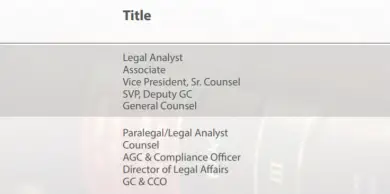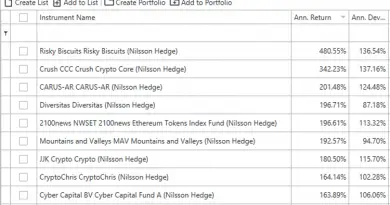Why 2020 has been rotten for quant funds
WHAT IS IT like to lose to a machine? In 1997 the world’s best chess player, Garry Kasparov, was beaten by Deep Blue, a $10m super-computer made by IBM. Twenty years later he wrote “Deep Thinking”, a book about the experience. What comes across vividly is how exhausting each game was. Chess players, even great ones like Mr Kasparov, get tired and frustrated. Doubts begin to creep in. By contrast, Deep Blue just needed the occasional reboot.
Now turn the tables. What is it like to win against the machines? By New Year’s Eve the least smart buy-and-hold investor in an index fund might be able to boast of such a victory. For 2020 has been rotten for “quant” funds, which use powerful computers to sift market data for patterns that might predict future prices. “Long-short” momentum—buying recent winners and selling recent losers—had been one of quant’s better strategies this year. Yet on November 9th, when news broke of an effective vaccine for covid-19, it had its worst ever day.
Quants rely on history. If something happens that is without precedent, such as a vaccine in a pandemic, they have a problem. No doubt a few quant hedge funds are nursing heavy losses. And perhaps a few discretionary funds have made a killing. The terrain on which human traders can beat the machines is much diminished. But November 9th shows it is still possible. Chalk it up as a small victory for the species.
It is no small irony that momentum trading takes advantage of human weaknesses. One of these is “conservatism bias”. Investors tend to stick to prior views too rigidly and change them only slowly in response to new information.



